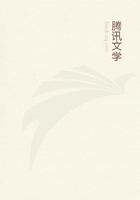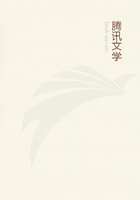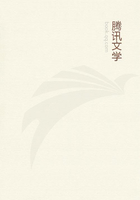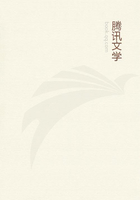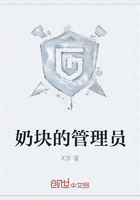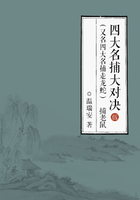RATIONALISM AND ITS EFFECTS
(a) Anti-Christian Philosophy of the Eighteenth Century.
Lecky, /History of the Rise and Influence of Rationalism in Europe/, 1913. Windleband-Tufts, /A History of Philosophy/, 1898.
Uberweg-Morris, /History of Philosophy/, 2nd edition, 1876.
Turner, /History of Philosophy/, 1906. Binder, /Geschichte der philosophie ... mit Rucksicht auf den Kirchlichen Zustande/, 1844-45. Lanfrey, /L'Eglise et les philosophes au XVIIIe siecle/, 1879.
Faguet, /Etude sur le XVIIIe siecle/, 1890. Lange, /History of Materialism/, 1877 (Tr. from German). Stephen, /History of English Thought in the XVIIIth Century/, 1881. Taine, /Les origines de la France contemporaine/ (vol. ii.), 1907.
In the Middle Ages the theory that human reason was to be placed above faith found able exponents, and more than once men arose who questioned some of the fundamental principles of Christianity, or who went farther still by rejecting entirely the Christian revelation. But such views were expounded in an age when the outlook of society was markedly religious, and they exercised no perceptible influence on contemporary thought. Between the fourteenth century and the eighteenth, however, a great change had taken place in the world.
Dogmatic theology had lost its hold upon many educated men. The Renaissance movement ushering in the first beginnings of literary and historical criticism, the wonderful progress made in the natural sciences, revolutionising as it did beliefs that had been regarded hitherto as unquestionable, and the influence of the printing press and of the universities, would in themselves have created a dangerous crisis in the history of religious thought, and would have necessitated a more careful study on the part of the theologians to determine precisely the limits where dogma ended and opinion began.
But the most important factor in arousing active opposition to or studied contempt of revealed religion was undoubtedly the religious revolution of the sixteenth century, and more especially the dangerous principles formulated by Luther and his companions to justify them in their resistance to doctrines and practices that had been accepted for centuries by the whole Christian world. They were driven to reject the teaching authority of the visible Church, to maintain that Christ had given to men a body of doctrines that might be interpreted by His followers in future ages as they pleased, and to assert that Christians should follow the dictates of individual judgment instead of yielding a ready obedience to the decrees of Popes and Councils.
These were dangerous principles, the full consequence of which the early Reformers did not perceive. If it was true, as they asserted, that Christ had set up no visible authority to safeguard and to expound His revelation, that for centuries Christianity had been corrupted by additions that were only the inventions of men, it might well be asked what guarantee could Luther or Calvin give that their interpretation of Christ's doctrine was correct or binding upon their followers, and what authority could they produce to warrant them in placing any dogmatic restrictions upon the freedom of human thought?
The very principles put forward by the Reformers of the sixteenth century to justify their rejection of certain doctrines were used by later generations to prepare the way for still greater inroads upon the contents of Christianity, and finally to justify an attitude of doubt concerning the very foundations on which Christianity was based.
Empiricism, Sensualism, Materialism, and Scepticism in philosophy, undermined dogmatic Christianity, and prepared the way for the irreligious and indifferentist opinions, that found such general favour among the educated and higher classes during the eighteenth century.
The movement, that owed so much of its widespread popularity on the Continent to the influence of the French rationalistic school, had its origin in England, where the frequent changes of religion during the reigns of Henry VIII., Edward VI., Mary, and Elizabeth, the quarrels between the Puritans and the High Church party, and the spread of revolutionary principles during the reign of Charles I., had contributed not a little to unsettle the religious convictions of a large section of the community. Many individuals, influenced by pantheistic teaching, did not believe in the existence of a personal God distinct from the world; others, while holding fast to the belief in a personal supreme Being, rejected the Trinity and the Incarnation, and a still larger section insisted on the subjection of Christian revelation to the judgment of reason, and as a consequence on the rejection of everything in Christianity that flavoured of the supernatural. The works of these men were imported from the Netherlands into France in spite of all restrictions that could be imposed by the police authorities, and their views were popularised by a brilliant band of /litterateurs/, until in a short time Deism and Naturalism became quite fashionable in the higher circles of French society.

